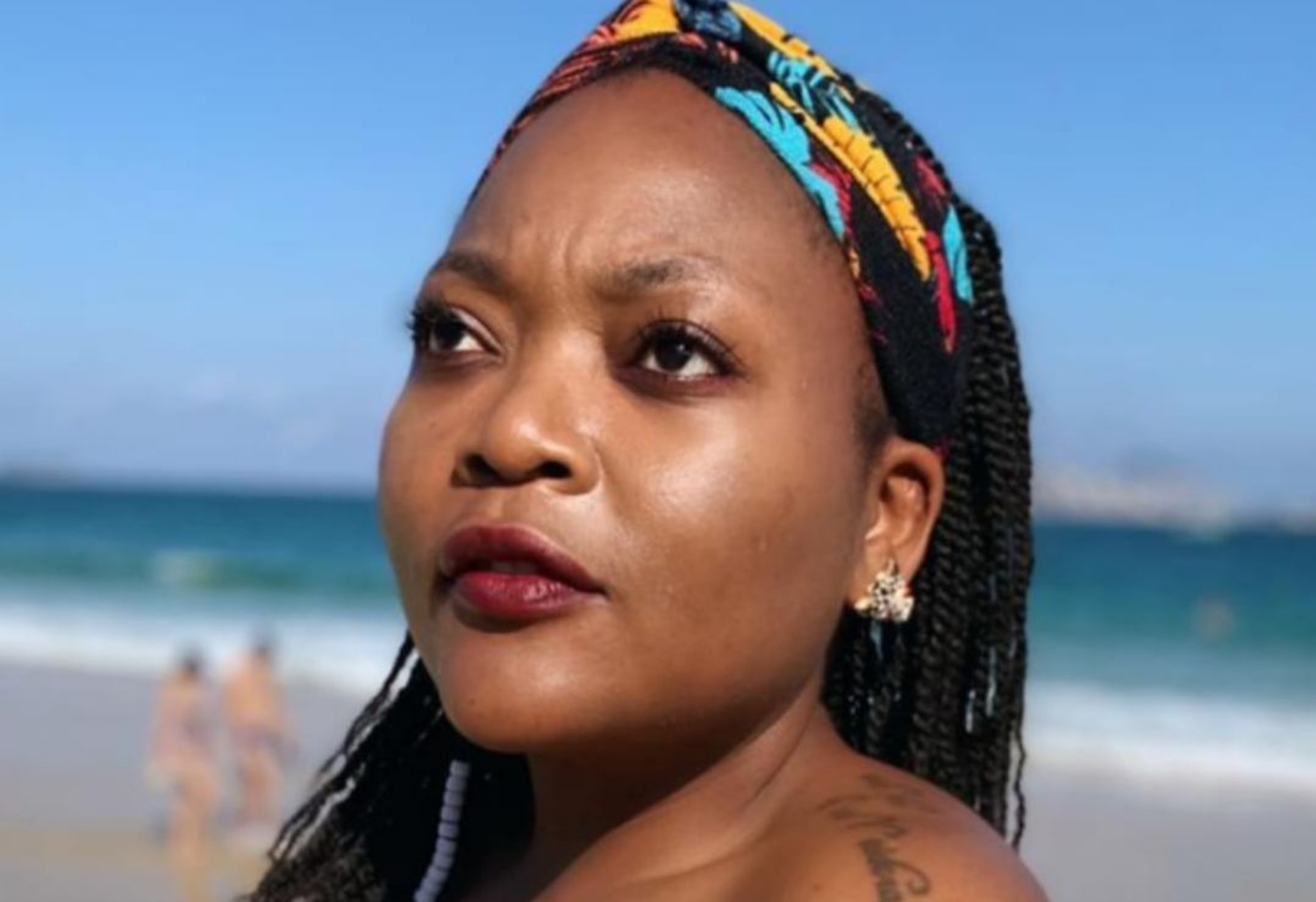Transgressions: Review
- Tinashe Kushata

- Apr 17, 2020
- 3 min read
By Aditi Hunma
“Are we doing it right, this work of being human?”
“This is a question that resounded like a leitmotif throughout the Transgressions performance on the weekend of 28 and 29 September. Performed by the Insurrections Ensemble in a church dating back to 1894 in Observatory, Transgressions became a voice of our conscience, hammering our cemented complacency at the sight of human suffering.
The event was well-attended by academics, students, community activists, with tickets sold out a week before the show. As dusk approached, some were seen walking through the vibrant Observatory streets towards the venue, others parked their cars on different side roads before clustering in front of the church premises anticipating what was soon to be animated inside. Observatory, with its memorable history of once defying the dehumanising Apartheid laws and still celebrating racial diversity, was more than apt to host Transgressions.
The Insurrections Ensemble brought together artists, poets and composers from the African and Asian continents to express through music and spoken word the present human predicament. The second performance by Kathyayini Dash, The Screw in the night cast a sharp gaze on the exploitation of workers, reminding us the suicide of the x-phone workers, who were reduced to nothing but a screw, useful but replaceable.
Another powerful performance by Mandi Vundla and Nomakrestu Xakathugaga, entitled On teaching men how to behave lamented the ongoing acts of the gender-based violence. Mandi began reciting the alphabets but upon reaching O, suddenly uttered loud and clear ‘Stop’. She sang of the system of ‘alpha’ dominance that has continued to perpetuate the cycle of gender oppression. Later, in the show, she sang, ‘Dreaming while Black is justice delayed, Dreaming while a Black woman is justice denied’. The theme stitched itself onto other songs, while the registry of victims continued to extend in neon font on the black screen behind them. The hundreds of names cautioned us that these were not songs of escapism, but sounds of social disharmony.
These were sometimes punctuated with the soothing jazz of Tina Schouw in songs such as What kind of night is this? and Ari Sitas’s poignant question in his spoken word performance, ‘Are we doing it right, this work of being human? Are we doing it right, this work of being free?’ Work brings responsibility. What is the price of freedom when it assails that of another? It reminded us of the Ensemble’s previous performances such as The Storming about narratives of migration, questions of identity and the postcolonial malaise in trying to suture the fragments, to reclaim the untold stories, and haul meaningful ways of being that challenge our present conditioning as unthinking ‘mall rats’.
The finale by Sumangala Damodaran, Dekhenge or We shall witness, we shall rise ushered hope, while also seeming as a direct address to the audience. It saw beautiful musical exchanges among various artists: Thokozani Nsibande on African percussion instruments, Ahsan Ali on the sarangi, Garth Erasmus on self-made instruments with KhoiKhoi and San influences, Brydon Bolton on the double bass, Pritam Ghosal on the sarod, Reza Khota on the guitar, Sazi Dlamini on various African instruments, and Nomakrestu Xakathugaga on the uhadi and other African instruments. As their tunes reverberated through the church hall, the artists tried to break away from the expected rigour, rhythm and scale dictated by each instrument, to gesture towards unknown entangled hymns of a hopeful future”.



Comments